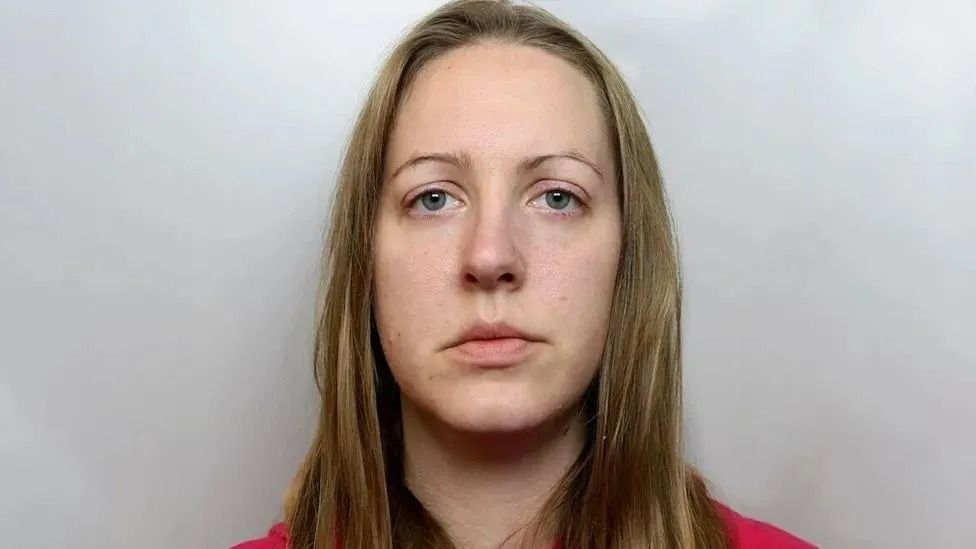The public inquiry into the Lucy Letby case has confirmed that it will take on board growing concerns about the failure of the courts to get to grip with statistical evidence in medical murder cases. According to the Royal Statistical Society, the inquiry headed by Lady Justice Thirlwall to examine the events at the Countess of Chester Hospital has accepted its recommendation that the terms of reference ‘include the appropriate uses of statistical evidence in cases of medical murder’.
Leading statisticians spoke out about their concerns about the safety of the conviction of Lucy Letby this week. John O’Quigley, honorary professor in the department of statistical science at the University College of London, told the Justice Gap that the ‘lottery fallacy’ (the probability of winning the lottery is tiny and so the winner must have cheated) had led to ‘some of the most glaring miscarriages of justice’ in recent times. He pointed out the prosecution evidence was highly flawed and flagged the supposedly damning roster chart indicating Letby had been present at every ‘incident’ involving children on the ward gained such traction.
Is Lucy Letby another miscarriage of justice driven by courts’ failure to grasp statistics? Experts speak to @JusticeGap about why they are convinced that #LucyLetby is innocent and the victim of a modern day ‘witch-hunt’ https://t.co/HJKSVlzYMB pic.twitter.com/cTAkoKIHOk
— The Justice Gap (@JusticeGap) July 15, 2024
‘Any statistician – a first year undergraduate in statistics – could show that’s nonsense,’ John O’Quigley said. ‘You really don’t need a sophisticated understanding of statistics to see that it is a complete crock.’ He explains that what identifies an incident as ‘an incident’ is the presence of the suspect – in other words, the prosecution drew on an incomplete and rigged dataset. Or as O’Quigley puts its: ‘All its actually shows is that when the suspected nurse was on duty – she was on duty.’
Dr Phil Hammond, in this week’s Private Eye, revealed how incomplete the data might have been. Hammond, the magazine’s medical correspondence and a GP, reported there were ‘at least’ 35 deaths or non-fatal collapses during the period in question that ‘should have been included in the table for it to be considered statistically robust. Why did babies collapse when Letby was not on duty? She was convicted of seven murders, but there were 10 other deaths that she wasn’t on duty for.’
As covered previously on the JG, the Royal Statistical Society last September called on the Thirlwall inquiry to include statistical evidence in its terms of reference. The RSS had published a report tackling statistical bias in criminal trials – Healthcare serial killer or coincidence? – the month before the Letby trial started. Richard Gill, emeritus professor of mathematical statistics at the University of Leiden in the Netherlands, was one of the report’s co-authors. Gill wrote about the danger of other similar wrongful convictions for the Justice Gap a decade ago in 2014: ‘How to become a convicted serial killer (without killing anyone)’.
In a statement published yesterday, the RSS said. ‘We are pleased that the Thirlwall Inquiry accepted our recommendation that the terms of reference include the appropriate use of statistical evidence in cases of medical murder. Statistical monitoring systems are well established to provide alerts to unusual patterns of events and, if implemented and interpreted properly, they facilitate early detection of anomalies and can inform subsequent investigations.’
The 2022 report points out that statistical aspects in ‘cluster’ cases are ‘often non-trivial, fraught with difficulties, challenging to lay people and to lawyers. They are not entirely straightforward to the specialists!’ The RSS’s major recommendation was that all parties involved in the investigation and prosecution of such cases need to consult with professional statistics and ‘use only appropriately qualified individuals as expert witnesses’.
Dr Hammond, in his Private Eye article, argues that ‘the way expert witnesses are used – or not used – in criminal trials with complex and uncertain science is simply not fit-for-purpose and risks miscarriages of justice’. He recommended that it should be mandatory for the jury to hear expert witnesses from both sides’ – the Letby jury only heard prosecution evidence – ‘better still – it should be a duty of, say, the Royal Colleges and the RSS to provide a team of the best current expert witnesses on behalf of the court, not paid or employed by one side or the other’.
CORRECTION: The Terms of Reference were set by the then Secretary of State before representations made by the RSS to the Inquiry – they have not changed. It is the questions that the Thirlwall Inquiry intends to look at, arising out of the ToR, rather than the terms themselves, that will include the role of data (Q13: ‘Should concerns, including about hospital or clinical data, have been raised earlier than they were?) More here: RSS – RSS statement on the statistical aspects of the Lucy Letby case







